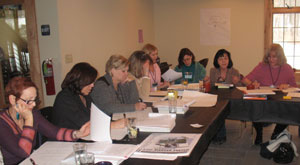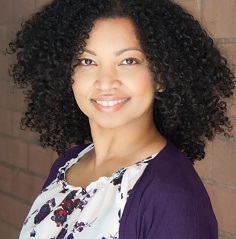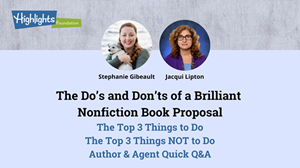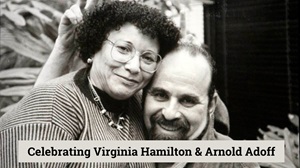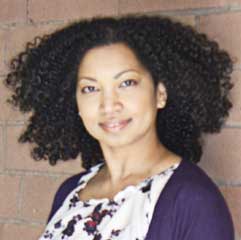 When I was getting my Master’s Degree in Education, one of my professors used to say, “If you can teach kindergarten, you can teach any grade. But if you only teach the upper grades, you can’t teach kindergarten.”
When I was getting my Master’s Degree in Education, one of my professors used to say, “If you can teach kindergarten, you can teach any grade. But if you only teach the upper grades, you can’t teach kindergarten.”
If you have ever taught, or you are a parent, you probably understand exactly what he meant. The kind of organization, creativity, and time it takes to teach a young child is quite different from what’s needed to teach an older kid. The older a child is, the more developed their cognitive skills, the easier it is to explain a concept and have them “get it.” With younger children, you may need several different approaches, and a lot of time.
However, children are also capable of understanding complex ideas and often have a very strong sense of weighty concepts like justice, and love. They might not understand the difference between a pole and a poll, but they can certainly wax poetic about the nature of the universe.
If you write for very young children, these are important things to know because the age of the reader (or the one who will be read to) must be considered before you put pen to paper or finger to keyboard. Writers for very young children are tasked with the difficulty of bridging the gap between what children can conceptualize, and their level of concrete understanding.
Albert Einstein said, “If you can’t explain it to a six-year-old, you don’t understand it yourself.” Writing for young children must be simple but not dumbed down, clever but not too complex, approachable but not obvious. And you have to do it all in a couple hundred words. Easy, right?
I know, it seems like you need a degree in education, child psychology, or even theoretical physics to write for kids. Well, it couldn’t hurt. But you don’t need any of that because you have all the children’s books that have come before the one you are working on.
Mine the books on the shelves for how they introduce concepts. Look carefully at the word choice and turns of phrase used to tease out ideas in various topics. Examine how language plays on what children know, and what their imaginations can aspire to. It’s all right there on the page for you to learn from.
I love pulling out words from the story that have particular resonance and writing them down. Swim in the words that are doing the work that you want yours to do.
Look at the clever deception in Julie Danneberg’s First Day Jitters.
Dissect the sinister humor of Jon Klassen’s This is Not My Hat.
Read. Read a lot. Read everything. But when you sit down to write, know who you are writing for, and allow that to be your guide when you choose exactly the right words for your story.



